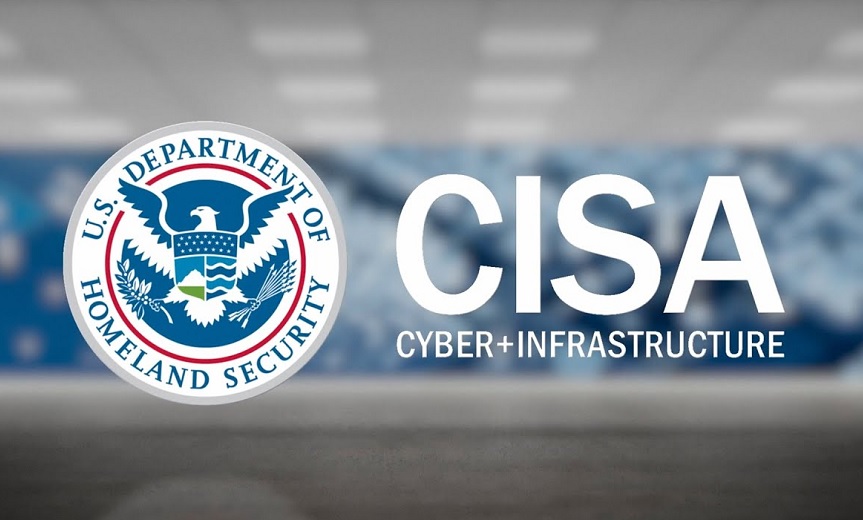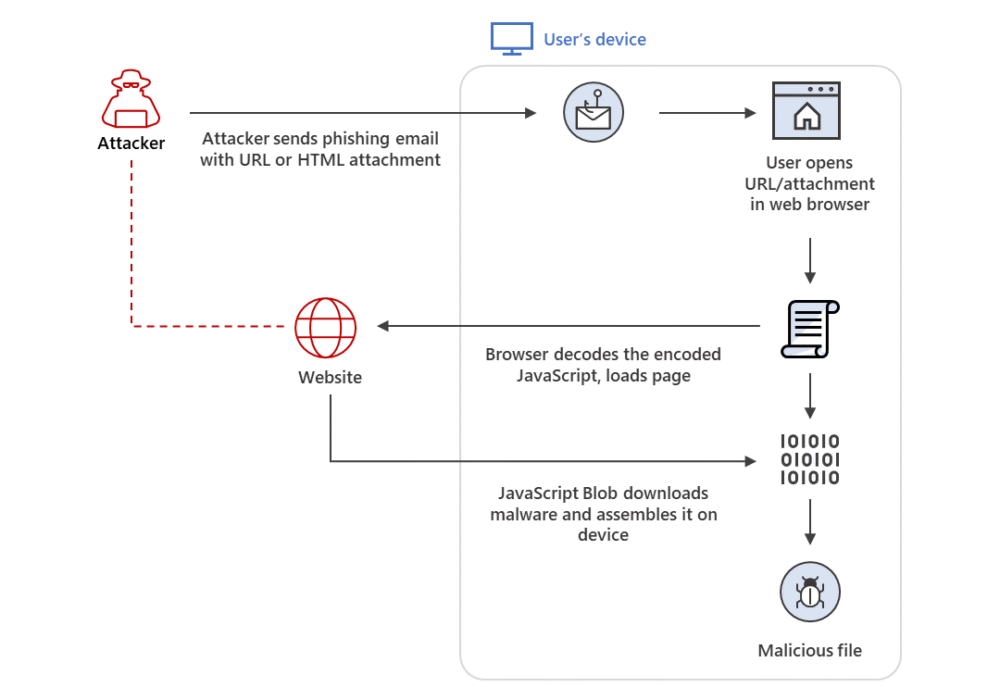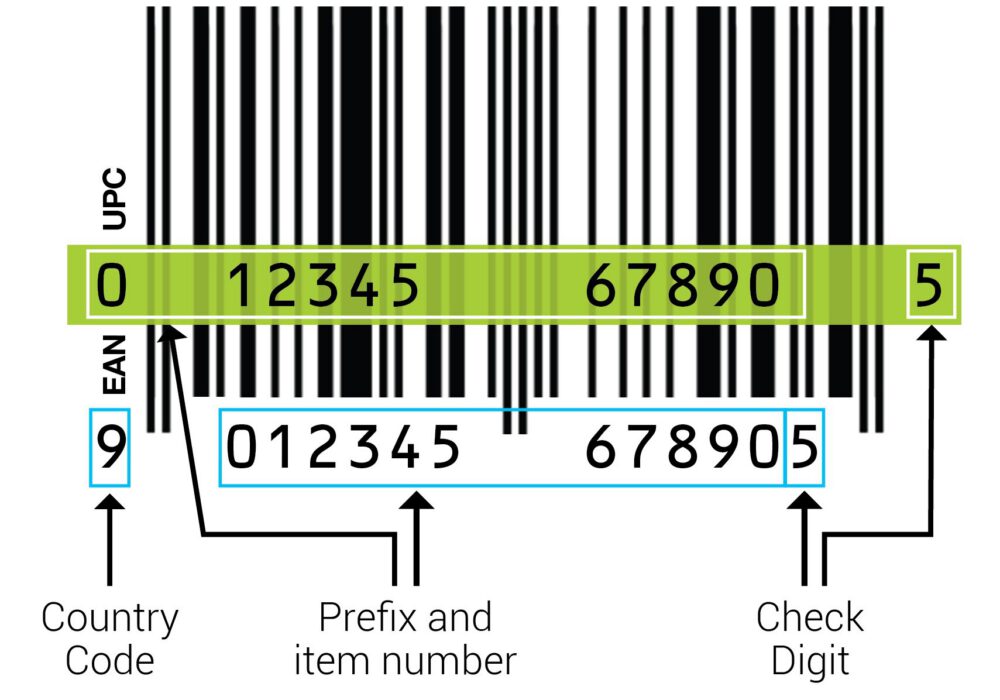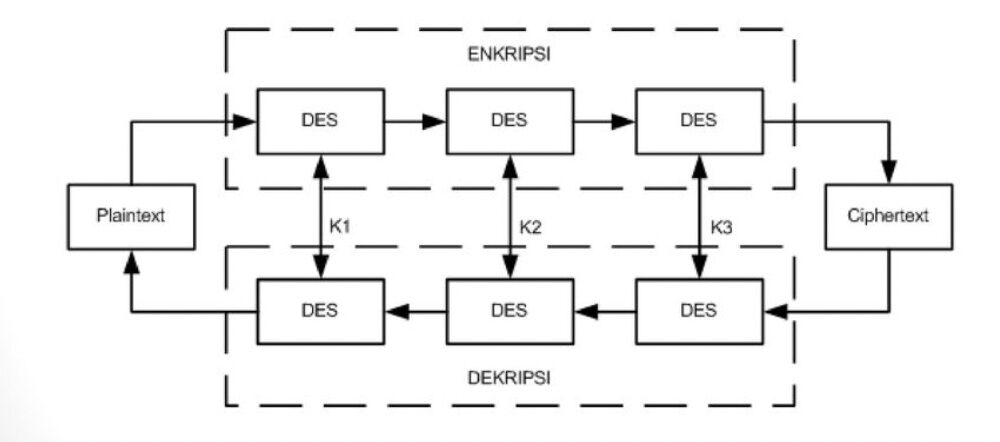"While it is well known that there are many cyber security threats, sorting out how to protect yourself without accidentally exposing yourself can be a daunting task. For a small organization like ours, this type expertise and time to research..."

Secure your business with CyberHoot Today!!! Sign Up Now The National Institute of Standards and...
Read more
Secure your business with CyberHoot Today!!! Sign Up Now The Cybersecurity and Infrastructure...
Read more
Secure your business with CyberHoot Today!!! Sign Up Now Geofencing is a technology for setting...
Read more
Secure your business with CyberHoot Today!!! Sign Up Now HTML Smuggling is an evasive malware...
Read more
Secure your business with CyberHoot Today!!! Sign Up Now A Check Digit is a digit added to a string...
Read more
Secure your business with CyberHoot Today!!! Sign Up Now 3DES Encryption, also known as Triple Data...
Read more
Secure your business with CyberHoot Today!!! Sign Up Now Assembly Language is the most basic...
Read more
Secure your business with CyberHoot Today!!! Sign Up Now Moore’s Law is a 1965 observation made by...
Read moreGet sharper eyes on human risks, with the positive approach that beats traditional phish testing.
